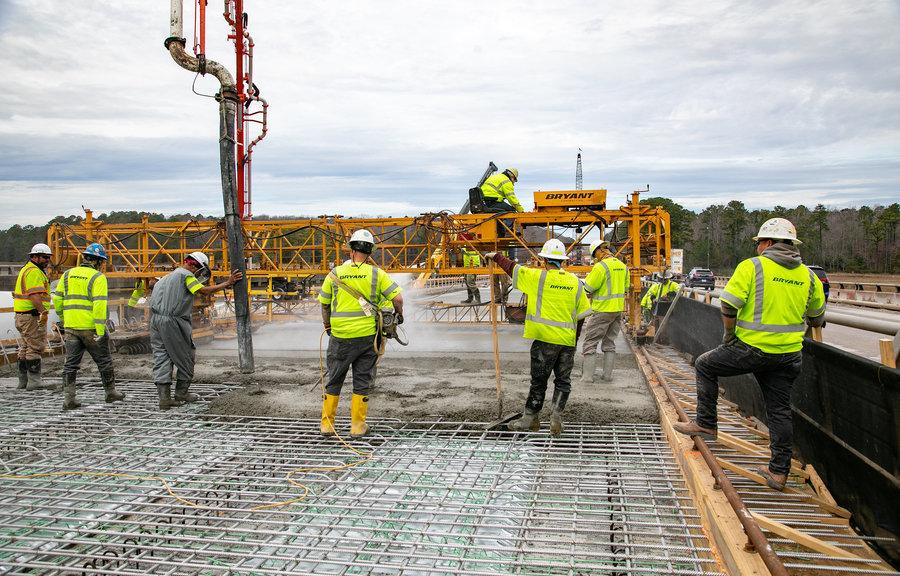The House has approved legislation drafted almost entirely by Democrats that would pour an estimated $1.5 trillion over five years into a wide range of infrastructure programs. But Senate Republicans have slammed the House measure as a nonstarter and the White House has issued a veto threat.
The House vote on July 1 was 233-188, along nearly solid party lines.
The core of the package is its $494 billion for surface transportation, including $319 billion for highways, $105 billion for transit and $60 billion for rail—all substantial increases over current levels. See June 22 ENR story on bill here.
But the measure's range extends much more broadly. It would provide $45 billion for wastewater treatment, $37.5 billion for airports, $100 billion for school construction and $70 billion for clean energy, among other categories.
Importantly, the bill, titled the Moving Forward Act, also offers a menu of options for raising revenue needed to cover its hefty funding authorizations. Most of the revenue-raisers rely on various types of bonds.
But there also is a $145-billion transfer from the general fund to bolster the financially ailing Highway Trust Fund and support the bill’s increases for highways and transit.
Senate criticism
The Senate's Republican leaders are bluntly dismissing the House bill out of hand.
Environment and Public Works Committee Chairman John Barrasso (R-Wyo.) blasted the House measure as “a laundry list of liberal priorities,” adding that the bill “is a dead end and has no chance of becoming law.”
The Senate has taken a narrower, but more bipartisan, approach to infrastructure so far. Barrasso's committee has approved, unanimously, a $287-billion, five-year highway measure and two water infrastructure bills, totaling $19 billion.
But there have been no Senate floor votes to date on those two bills and no action on infrastructure revenues or transit authorizations.
Transportation, engineering and construction groups welcomed the House measure’s wide scope and substantial funding.
K.N. Gunalan, current American Society of Civil Engineers president, praised the bill’s “holistic approach to investing in and modernizing all infrastructure sectors from roads and bridges to ports, rail networks, inland waterways and airports” as well as drinking water and wastewater systems, schools and parks.
Outlook for a deal unclear
But many organizations also urged the House and Senate to work toward negotiating a bipartisan compromise infrastructure measure, at least for highways and transit, for which funding authorizations are set to expire on Sept. 30.
If Congress cannot pass a multi-year highway-transit measure by that date, the fallback would be one or more stopgap funding extensions to carry the programs past the Nov. 3 elections and maybe into the new Congress in early 2021.
Dave Bauer, CEO of the American Road & Transportation Builders Association, said in a statement, that “the last thing states need during tumultuous times is more uncertainty about their share of federal highway and public transit funding.”
Bauer said that stopgap extensions “are not the solution and would only add insult to injury.”
Robert Lanham Jr., the Associated General Contractors of America's 2020 president, said in an interview that there is a desire in the Senate to work together to move something like the Environment and Public Works Committee's $287-billion highway blll through the chamber.
But Lanham, who also is president of transportation contractor Williams Brothers Construction Co., adds that reconciling the Senate version with the House's "is going to be difficult."
He says, "The Senate and the House are so far apart...that it's put a wet blanket over everything."
Story updated on 7/3/2020 with Associated General Contractors of America's comments.



Post a comment to this article
Report Abusive Comment